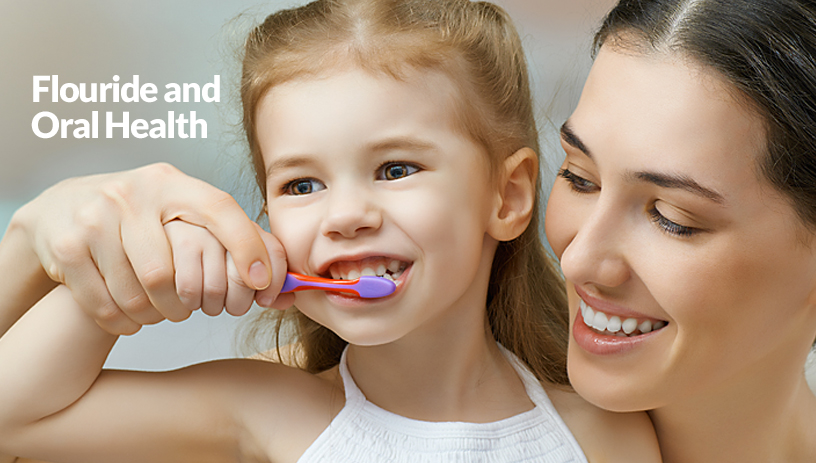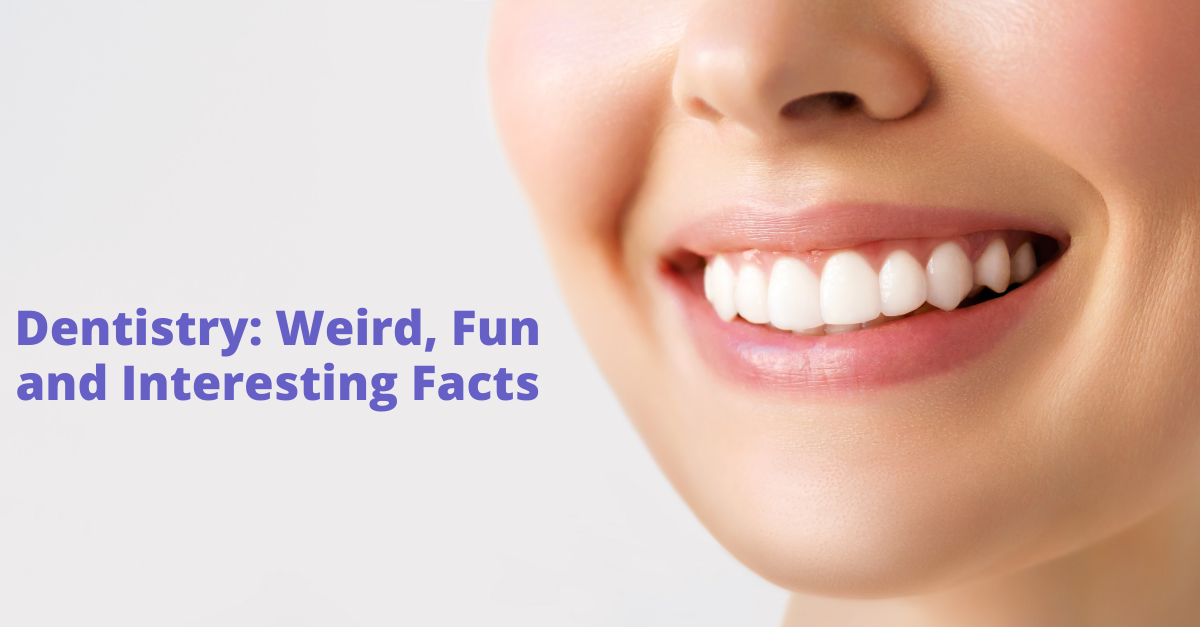Fluoride and Oral Health

Fluoride is an essential tool in fighting tooth decay. Since its introduction into toothpaste in the early 20th century and into public water sources in the 1950s, the prevalence of dental cavities has drastically decreased. Although some recent studies question the health implications of adding fluoride to water supplies, the American Dental Association (ADA) endorses its use.
What is Fluoride?
Fluoride is a chemical ion of the element fluorine, which is found naturally in fresh water, seawater, food, soil and mineral formations. It is also synthetically produced in labs to be added to water, toothpaste, mouthwash and other dental products.
How Does Fluoride Work?
Fluoride fights cavities by reducing the effects of harmful acids caused by sugar and bacteria. Demineralization happens when sugar and bacteria erode tooth enamel, leading to cavities. Remineralization occurs when fluoride, phosphate and calcium re-deposit on the enamel to counteract erosion. Fluoride can also repair early signs of decay.
Why Should I Use Products with Fluoride?
Nearly two-thirds of communities in the United States add fluoride to their water supplies. If you live somewhere without fluoridated water, it is advisable to ask a professional to get the proper replacement. You can ask your dentist or contact the state health department about fluoridation in your local water supply. Some water companies provide a phone number on the back of your water bill to call for water quality statistics.
Children from six months to sixteen years of age benefit most from fluoride since it protects their primary and permanent teeth. Dentists recommend brushing a child’s teeth with a pea size of fluoridated toothpaste after the age of two, and with a smear of non- fluoridated toothpaste before the age of two. However, if the child is at high risk for tooth decay, a smear of fluoridated toothpaste should be used according to American Academy of Pediatric Dentistry. Later, your dentist may apply fluoride gels, foams or varnish to your child’s teeth. These applications are usually covered by insurance twice a year as part of preventive care. Fluoride toothpaste and mouth wash are also recommended for daily use to fight cavities as long as your child knows how to spit.
People with certain medical conditions affecting their mouths are also encouraged to get adequate fluoride. Dry mouth is a condition that affects many people taking medications for allergies, high blood pressure and anxiety. The lack of saliva in a dry mouth makes it harder to wash away harmful bacteria and makes tooth decay more likely.
In addition, people with gum disease, a history of cavities and dental work like bridges and crowns are at higher risk of tooth decay. A dentist may prescribe additional fluoride treatments for people with these conditions.
Are There Any Drawbacks to Fluoride?
A few recent studies have shown negative effects of adding fluoride to water supplies. Some of these studies report findings that added fluoride is responsible for a wide range of illnesses from neurological conditions, heart disease, genetic abnormalities and bone cancer. However, these studies have failed to meet scientific scrutiny. Water fluoridation continues to be endorsed by the ADA (American Dental Association), AMA (American Medical Association) and the WHO (World Health Organization).
According to Dr. Anthony Komaroff of Harvard Medical School, “An adult would have to consume 5,000 to 10,000 glasses of fluoridated water in one sitting to reach dangerous levels. Certainly, young children could develop toxicity from fluoride if they swallow large numbers of improperly stored fluoride tablets, or ingest large amounts of a fluoridated toothpaste or mouth rinse. But there are lots of things around the home that can make children sick if they are not placed out of reach.”
Fluoride continues to be an easy, inexpensive tool in the fight against tooth decay. Following your dentist’s recommendations for its proper use and practicing good oral hygiene will keep your teeth healthy and strong. For more information on your family’s dental health visit www.denteractive.com




